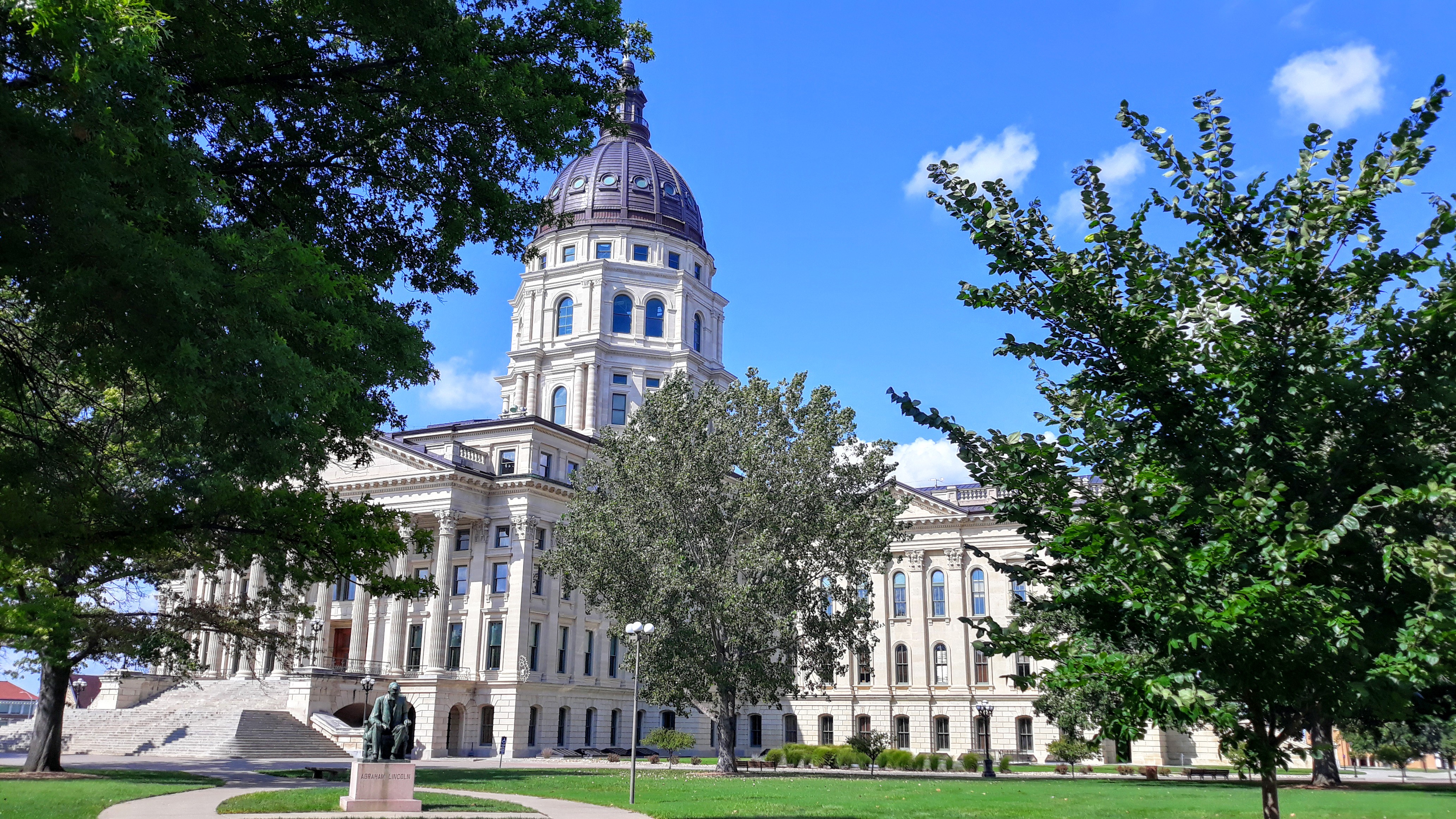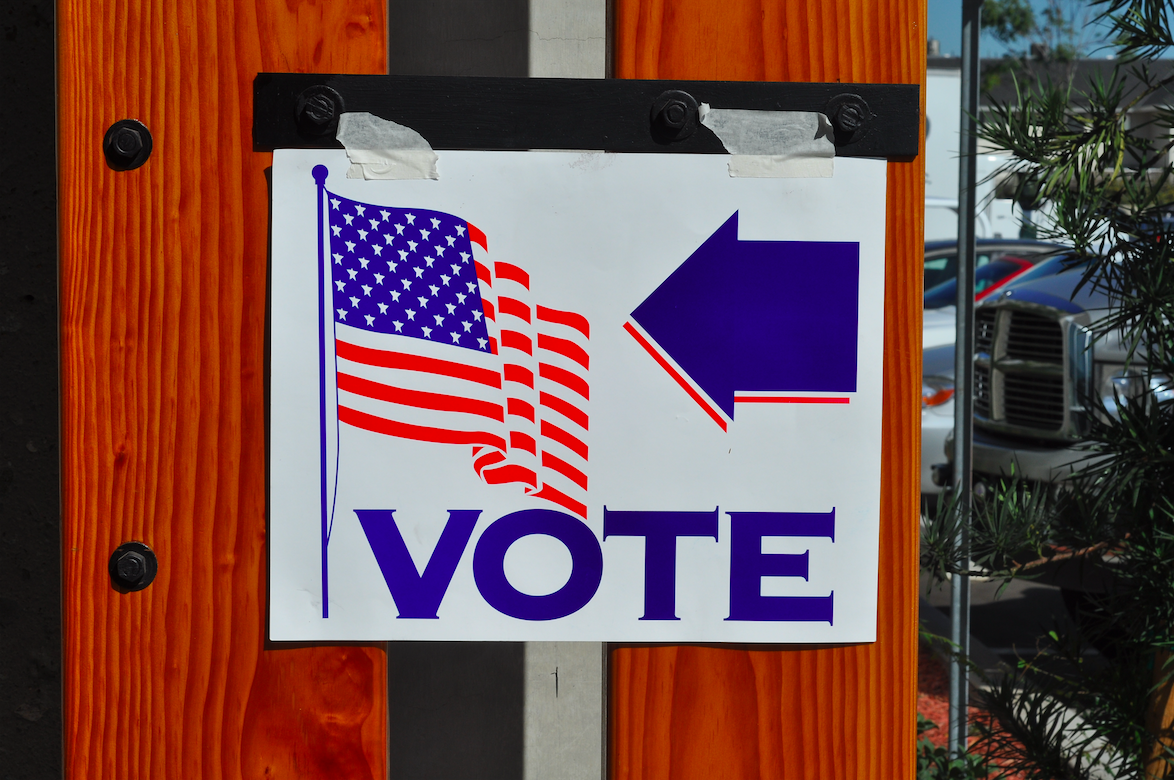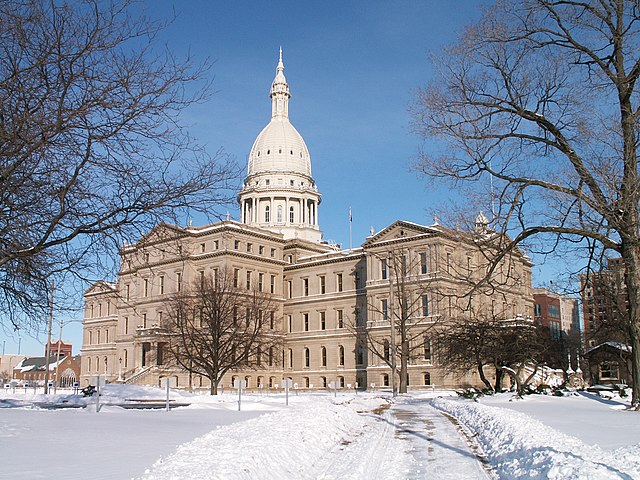Tag: ballot measures
-
Kansans will vote on the first abortion-related measure on August 2 following SCOTUS ruling

On August 2, Kansans will decide on a constitutional amendment to state that nothing in the Kansas Constitution creates a right to abortion or requires government funding for abortion. It would also say that the legislature has the authority to pass laws regarding abortion. In 2019, the Kansas Supreme Court ruled that the Kansas Bill…
-
Top-five ranked choice initiative voting initiative certified for Nevada ballot

On July 21, 2022, the Nevada Voters First campaign announced that the Secretary of State verified 170,941 of their 266,000 submitted signatures for a top-five ranked choice voting initiative, qualifying it for the ballot this November. The campaign needed at least 135,561 valid signatures. If approved by voters, the measure would establish an open top-five…
-
Idaho voters will decide on an initiative to increase the state’s income and corporate tax rates for education funding in November

On July 22, the Idaho secretary of state announced that an initiative that would increase income tax and corporate tax rates to provide additional education funding had submitted the required number of signatures for the November ballot. Reclaim Idaho, the campaign behind the initiative, filed 95,269 signatures on May 2. In Idaho, the number of signatures…
-
Coloradans to decide on initiative decriminalizing psychedelic plants and fungi in November

Coloradans will vote on an initiative in November to decriminalize possession of certain psychedelic plants and fungi. The initiative would define dimethyltryptamine (DMT), ibogaine, mescaline (excluding peyote), psilocybin, and psilocyn as natural medicines. It would also create the Regulated Natural Medicine Access Program for licensed centers to administer natural medicine services. Licensed centers would be…
-
Voters in St. Louis, Missouri, will decide on two ballot measures on August 2

On August 2, voters in St. Louis, Missouri, will decide on two ballot measures – Proposition F and Proposition S. St. Louis Proposition F would amend the city’s charter to increase the maximum fine for violations of ordinances regarding environmental conditions, such as dumping waste and debris and prohibited refuse, from $500 to $1,000. On…
-
Previewing Tennessee's August 4 local ballot measures

Voters in Nashville and Memphis are heading to the polls on August 4 to decide on five amendments to their cities’ charters. Memphis voters will decide on one charter amendment. If passed, the Memphis measure would increase the term limits of the city council and mayor to three 4-year terms rather than the current two…
-
Oregon voters to decide on a ballot initiative enacting changes to firearm purchases

On July 18, the Oregon secretary of state reported that a ballot initiative proposing changes to firearm purchases and ammunition magazine limits qualified for a place on the November ballot. Lift Every Voice Oregon, the campaign behind the initiative, filed a total of 160,498 signatures, of which 131,671 were valid. In Oregon, the number of…
-
Signatures submitted for voting policy amendment in Michigan

The Promote the Vote 2022 campaign submitted 669,972 signatures to the secretary of state to qualify for the Michigan ballot this November on July 11. The measure would make multiple changes to voting and elections in Michigan, including policies around absentee voting, early voting, voter identification, and election audits. The signature requirement to qualify for…
-
Signatures submitted for abortion rights initiative in Michigan

On July 11, the campaign Reproductive Freedom for All submitted 753,759 signatures for the ballot initiative, which would appear on the ballot in Michigan this November. In Michigan, the campaign Reproductive Freedom for All submitted 753,759 signatures for a ballot initiative related to abortion rights on July 11. At least 425,059 of the signatures need…
-
Campaign in North Dakota submits signatures for marijuana legalization initiative

In North Dakota, a campaign behind a marijuana legalization initiative reported submitting 25,672 signatures on July 11, 2022. New Approach North Dakota Chairman Dave Owen said, "This signature drive showed us that, from Williston to Grand Forks, people all across our state are ready for responsible cannabis policy reform... We’re looking forward to all of…

